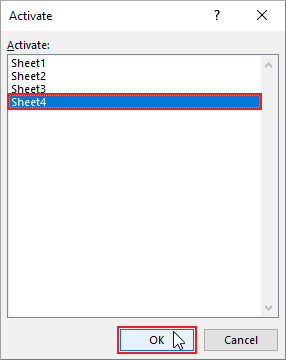5 Essential Documents for Starting Probate Process

The probate process is an integral part of estate planning and administration, especially when an individual passes away without a will. It involves the legal validation of a will, if one exists, or following state laws if there is no will. A critical aspect of probate is the meticulous collection and submission of certain documents. Here are the five essential documents you'll need when starting the probate process:
1. Death Certificate

The first document you’ll need is the death certificate. This official record verifies the fact of death and is crucial for:
- Initiating probate proceedings.
- Proving the date of death for legal and financial purposes.
- Establishing the identity of the deceased.
Obtaining multiple certified copies is beneficial, as they will be required for various transactions and court filings.
2. Will

If the decedent left a will, it becomes the cornerstone of the probate process:
- The will outlines the wishes of the deceased for asset distribution.
- It names the executor, who will manage the estate administration.
Locating the original will is necessary since copies might not suffice in court. The will should be delivered to the probate court as soon as possible.
3. List of Beneficiaries

This list includes:
- Heirs at law - those who would inherit according to intestate succession laws.
- Named beneficiaries in the will.
The executor or personal representative will need to contact these individuals to inform them of their potential inheritance or interest in the estate.
4. Asset Inventory

Compiling an inventory of the decedent’s assets is critical for:
- Determining the estate’s value for tax purposes.
- Identifying all properties, bank accounts, investments, and personal possessions.
- Ensuring no assets are overlooked or misallocated.
This list should be as exhaustive as possible, including details like:
- Real estate deeds.
- Financial account statements.
- Stock certificates.
- Vehicles.
- Business interests.
5. Debt and Liability Inventory

Just as important as listing assets, an inventory of debts and liabilities is necessary to:
- Pay off creditors.
- Determine what portion of the estate remains for distribution.
- Settle any outstanding taxes.
This inventory should include:
- Mortgages, loans, and credit card debts.
- Medical bills.
- Utility bills and other services used prior to death.
⚠️ Note: Ensure all debts are documented to avoid legal complications during probate.
🕒 Note: Gathering all relevant documents promptly can expedite the probate process, reducing the time it takes to finalize estate administration.
In wrapping up this overview of the essential documents for probate, it's clear that careful preparation and thorough documentation are the keys to a smooth process. These documents ensure that the wishes of the deceased are honored, debts are settled, and the distribution of assets is fair. Proper handling of these documents can alleviate the burden on loved ones during a difficult time, allowing for a more seamless transition of assets as intended by the deceased.
What happens if I can’t find the original will?

+
If the original will cannot be found, the court may accept a copy under specific circumstances, but this can complicate and extend the probate process. You might need to prove that the original was not intentionally destroyed or revoked by the decedent.
Can probate be avoided?

+
Yes, probate can sometimes be avoided through various estate planning strategies like setting up a living trust, joint ownership with right of survivorship, or naming beneficiaries directly on financial accounts (Payable on Death, or POD, accounts).
What if there are no beneficiaries in the will?

+
If the will does not name any beneficiaries, or if they predecease the testator, the estate will pass according to intestate succession laws, which dictate how assets are distributed among surviving relatives.



